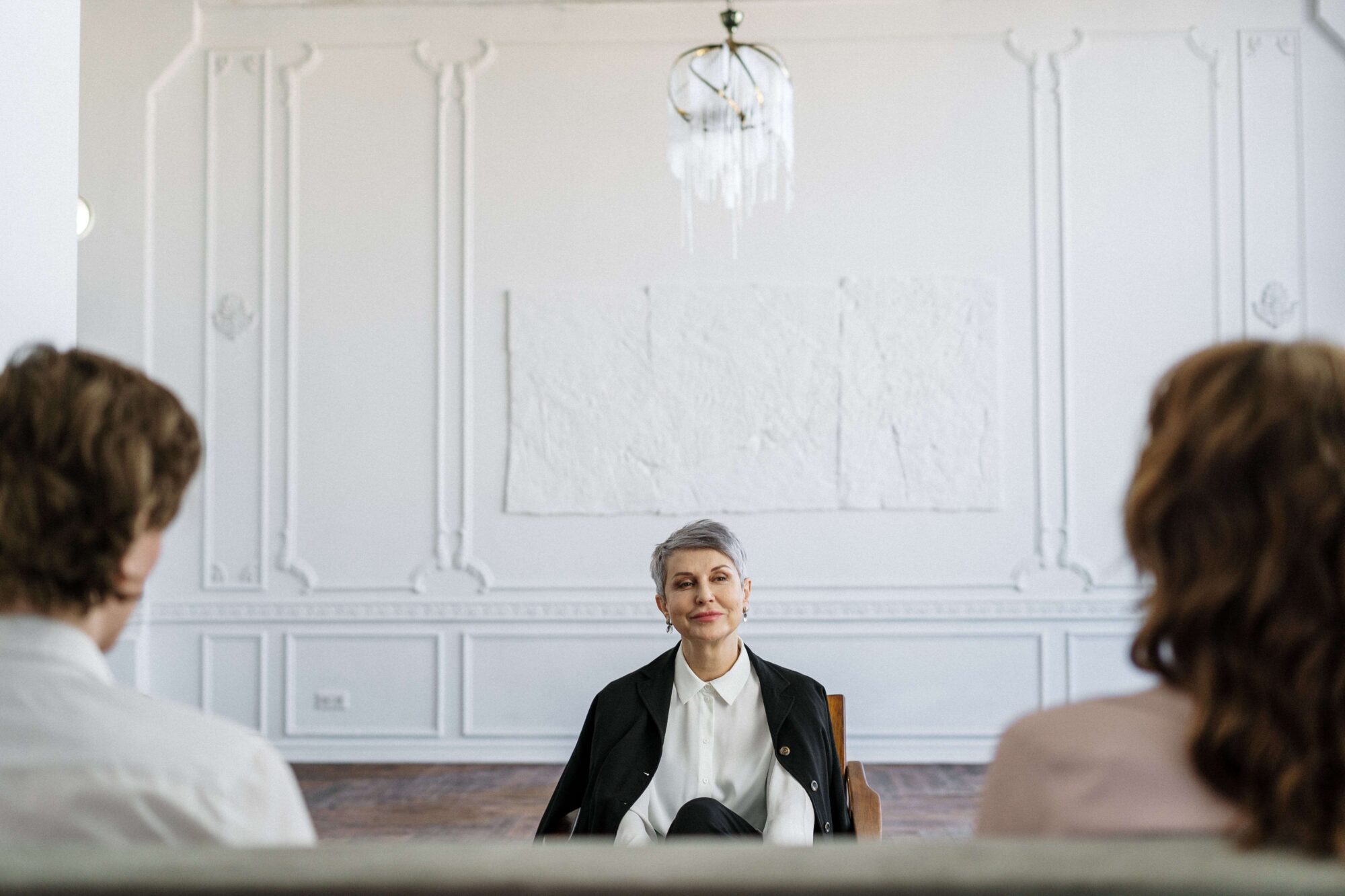Labour Party Employment Law The Labour Party published its manifesto on 13 June 2024 and…

Child Contact during Covid-19
PLEASE NOTE: Information in this article is correct at the time of publication, please contact DFA Law for current advice on older articles.
Covid-19 and Contact
The current ‘Corona Crisis’ has left many separated families unsure about where they stand with regards to contact arrangements.
With constant news updates and sometimes conflicting advice and guidance being given, it is no wonder that parents are unsure what to do for the best.
Where there is a court order in place for contact (the child arrangements), the order should be adhered to in the first instance, as far as possible. Children are likely to benefit from the continuity and may be negatively impacted if contact with one parent stops.
The current Covid-19 crisis should not be used as an excuse to breach a court order or to frustrate contact. The same applies to any informal arrangements agreed between parents.
However, the need for orders and agreements to be adhered to must be weighed up against the Government advice and guidance. The first consideration should be the welfare of the children and whether the contact arrangements will put separated families at risk.
It is possible that contact handover can be managed provided that safe distances are kept by parents, and they have no physical contact. In addition, provided that the ‘non-resident’ parent themselves complies with the Government guidance and ensures that the children keep up with hand washing and avoid leaving the house during contact itself, for example, risks should be minimised.
Of course, if a ‘non-resident’ parent has symptoms or has been in contact with any person who has had symptoms, it is probably advisable to suspend contact until a safe period of self-isolation in line with the Government advice has been complied with. The same applies if the children and/or the ‘resident’ parent is having to self-isolate (for how long this may be will depend upon Government guidelines).
If either parent is ‘high risk’ and this means a long period of self-isolation, it may be a case of having to simply keep things under review to avoid putting anyone’s health at risk. Whilst this may be frustrating, everyone must be conscious of the risk of spreading Covid-19 to the children and one another, and what impact this could have.
Even if neither parent has personally had symptoms or is deemed ‘high risk’, consideration should also be given to whether there is ongoing contact with others. For example, if the ‘non-resident’ parent is still going to work and could potentially be exposed to the Corona virus, should there be continued contact?
Although it may be challenging to contemplate a period without contact, a pragmatic approach must be adopted in these difficult times. Parents must work together to decide whether contact can take place whilst there is uncertainty and the possibility of spreading between households.
Taking the Government advice into account, if leaving the children at their main home may protect them from Covid-19, then despite any order or agreement, it may be sensible to wait for further guidance and if the position changes, review the situation accordingly.
The current crisis may not mean stopping contact altogether, as above, and parents should give thought to:
- A change to the handover arrangements to reduce risks.
- Ensuring that the children are not exposed to anybody in either household that has had symptoms or has been exposed to anyone else with symptoms.
- Both parents follow the government advice with regards to non-essential trips out of the house and hand washing (etc).
- Whether continued working conditions, or other persons present in the household, could expose the children to the virus.
- How holiday contact can be managed, especially with schools now being closed for the vast majority of children.
- Whether parents can work together to provide the children with a safe environment if the ‘resident’ parent has to completely self-isolate.
- Whether alternatives can be considered should direct contact have to stop (due to temporary or longer term self-isolation) such as FaceTime or Skype contact.
The courts are under strain at the moment and they are having to adapt to the situation we all find ourselves in. Any application made to enforce (or obtain) an order is unlikely to be processed on an urgent basis and a hearing may not be obtained for a number of weeks.
Rather than being hasty with a court application, if there are disputes as to whether contact can take place in light of Covid-19, advice should be obtained before further steps are taken.
Unfortunately, there is no real clear cut advice and each family will have to consider their individual circumstances and possibly make some tough decisions. The Government advice is ever-changing so separated parents will need to be willing to adapt and work together to keep one another safe, and most importantly the children.
If you need any advice about contact matters, please call DFA Law on 01604 609560 or email us here and we will be happy to help.



